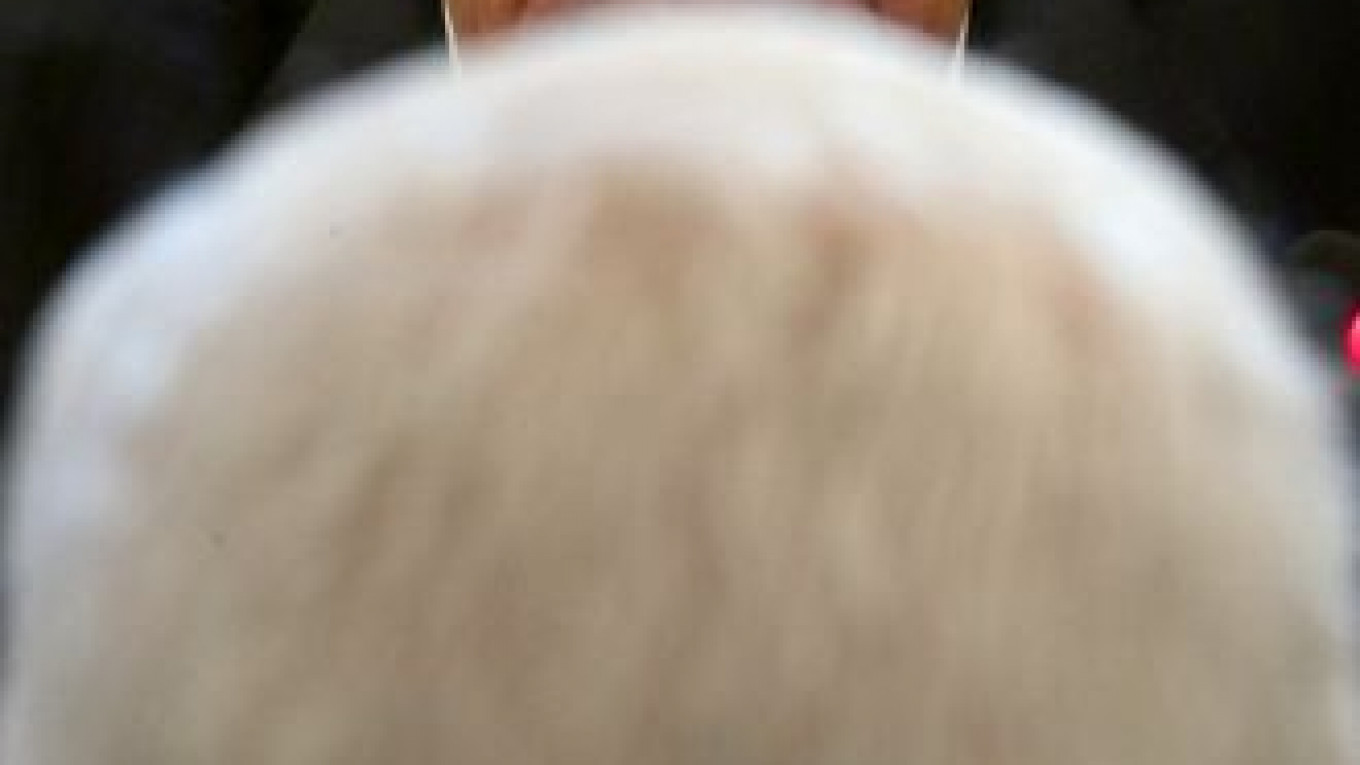Foreign Minister Sergei Lavrov on Monday accused the European Union of employing a double standard when it agreed to allow nondiplomatic Ukrainian officials to enter member states without a visa. “A Ukrainian bureaucrat is no different from a Russian one,” he told students at Moscow’s Diplomatic Academy.
Russian and Ukrainian diplomats are permitted to enter the EU without a visa. But while Ukrainian service passport bearers, which can be rank-and-file ministerial officials, are also allowed visa-free entry, their Russian counterparts aren’t. Russia will not tolerate this “discriminatory approach,” Lavrov told the assembly.
The same day, the EU presented Georgia with a set of benchmarks to meet in order to establish a visa-free regime. Last week, Lavrov and his EU counterpart, Catherine Ashton, recognized that such a regime between Russia and the EU would not be possible before the 2014 Winter Olympics in Sochi.
“The EU approaches countries on a case-by-case basis and does not compare them,” EU delegation spokesman Soren Liborius told The Moscow Times on Monday. Ukraine’s case is different because it unilaterally lifted visa requirements for all citizens of the EU.
According to Liborius, the service passport issue is “the only obstacle” that prevents Russia and the EU from concluding an amended visa facilitation agreement and will be even “broader than the one that was signed with Ukraine, as it includes more categories of people.”
Ukraine concluded an amended visa facilitation agreement with the EU in July 2012, which introduced enhanced visa-obtaining procedures for such categories as journalists and representatives of civil society organizations, among others.
Unlike Russia, Ukraine is a member of the Eastern Partnership with the EU, which is meant to institutionalize Europe’s relations with several Eastern European countries, including Ukraine, Belarus and Georgia.
Negotiations on visa facilitation are separate from talks on abolishing visas altogether, but both Russia and the EU see the former as a way to bolster the latter’s process. The EU and Russia are currently implementing the “common steps toward visa-free short-term travel” program, which will provide the sides with the necessary environment to start negotiations on abolishing visas altogether.
In September 2012, a Russia-U.S. visa facilitation agreement came into force allowing both Russians and Americans to obtain three-year multiple-entry visas. Unlike with the EU, Russia has not insisted on waiving visas for its government officials while negotiating with the U.S.
On March 21, about 15 members of the European Commission headed by President Jose Manuel Barroso are scheduled to visit Moscow to conduct comprehensive negotiations on a wide array of issues. According to Liborius, there is a “great chance” that the visa facilitation agreement will be one of them.
Contact the author at [email protected]
Related articles:
A Message from The Moscow Times:
Dear readers,
We are facing unprecedented challenges. Russia's Prosecutor General's Office has designated The Moscow Times as an "undesirable" organization, criminalizing our work and putting our staff at risk of prosecution. This follows our earlier unjust labeling as a "foreign agent."
These actions are direct attempts to silence independent journalism in Russia. The authorities claim our work "discredits the decisions of the Russian leadership." We see things differently: we strive to provide accurate, unbiased reporting on Russia.
We, the journalists of The Moscow Times, refuse to be silenced. But to continue our work, we need your help.
Your support, no matter how small, makes a world of difference. If you can, please support us monthly starting from just $2. It's quick to set up, and every contribution makes a significant impact.
By supporting The Moscow Times, you're defending open, independent journalism in the face of repression. Thank you for standing with us.
Remind me later.






